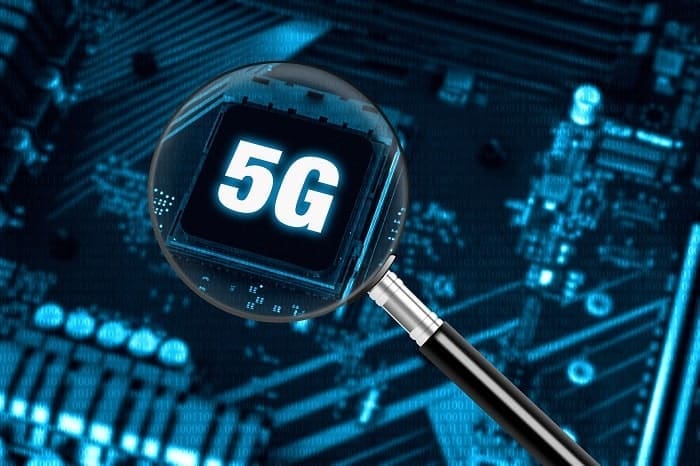Huawei, in conjunction with the Youth ICT Council, has launched a 5G training programme that will see 100 South African young graduates equipped with vital 5G skills and insights.
The programme forms part of Huawei’s wider commitment to equipping South African graduates with the skills they need to make the most of the Fourth Industrial Revolution (4IR). Given that 5G technology will play a pivotal role in driving that revolution, the skills provided to the programme participants will go a long way to equipping them to thrive not only as workers, but also as entrepreneurs.
Speaking at the launch, Dr Albert Lysko of the Council for Scientific and Industrial Research (CSIR) underlined just how important increased broadband access and speed is for socioeconomic development.
“Increased speed and more accessible broadband mean a better life for all people,” he says. “The last year has shown just how critical broadband is, especially when it comes to the evolution of education and work.”
“The importance of connectivity will only grow in the coming years,” Lysko adds. “The information requirements for sensors on things like self-driving cars, smart objects, and factory components, mean that we’ll need ever-increasing levels of connectivity and bandwidth. 5G is an important element and great technology to provide that connectivity and building the networks behind it will take widespread skills development.”
As Kian Chen, deputy CEO for Huawei SA, points out Huawei recognises that and is firmly committed to growing South Africa’s 4IR skills.
“As a leading ICT solution provider and the leader in many technologies, we fully understand how big a driver technology is for social and economic transformation,” he says. “We are also very aware of the importance of developing talent and supporting South Africa’s ICT skills.”
“Our 4IR training programme, run in conjunction with the Department of Communications and Digital Technologies (DCDT), is targeting more than 6000 learners, who are either post graduate ICT students or practitioners,” he adds. “We are strong believers that young people must become agents of their own futures. With this training, we are opening up windows to multiple opportunities for them to do so.”
Minister of Communications and Digital Technologies (DCDT), Stella Ndabeni-Abrahams says, “Government has a clear commitment to developing a South African economy that has the necessary technology and skills to compete globally. Huawei has been a valuable partner not just in building the infrastructure that South Africa needs, but also through programmes such as this one, developing the skills required to build a highly developed digital economy.”
Nokubalela Mchunu, Research Expert in Blockchain from the DCDT 4IR PMO (Project Management Office) says of the training program, “This initiative is one that we believe is impactful in the sector and highlights how important public private sector partnerships are”
She adds, “As important as technology is for addressing the challenges we face, what remains very important is investment in human capital. We need people who can participate in the 4IR ecosystem and who have the skills to build their own innovations and opportunities.”
Luvo Grey, President of the ICT Youth Council, which was launched earlier this year, says part of its responsibilities is to co-ordinate ICT stakeholders to ensure youth inclusion in the sector and efforts to enhance human capacity for the 4IR.
“The Youth ICT Council’s strategic partnership with Huawei Technologies South Africa is informed by how it invests extensively in technology development and is able to stay ahead of the market with regards to providing the latest technological solutions, while advocating for broader inclusion in the digital economy,” he concludes.
